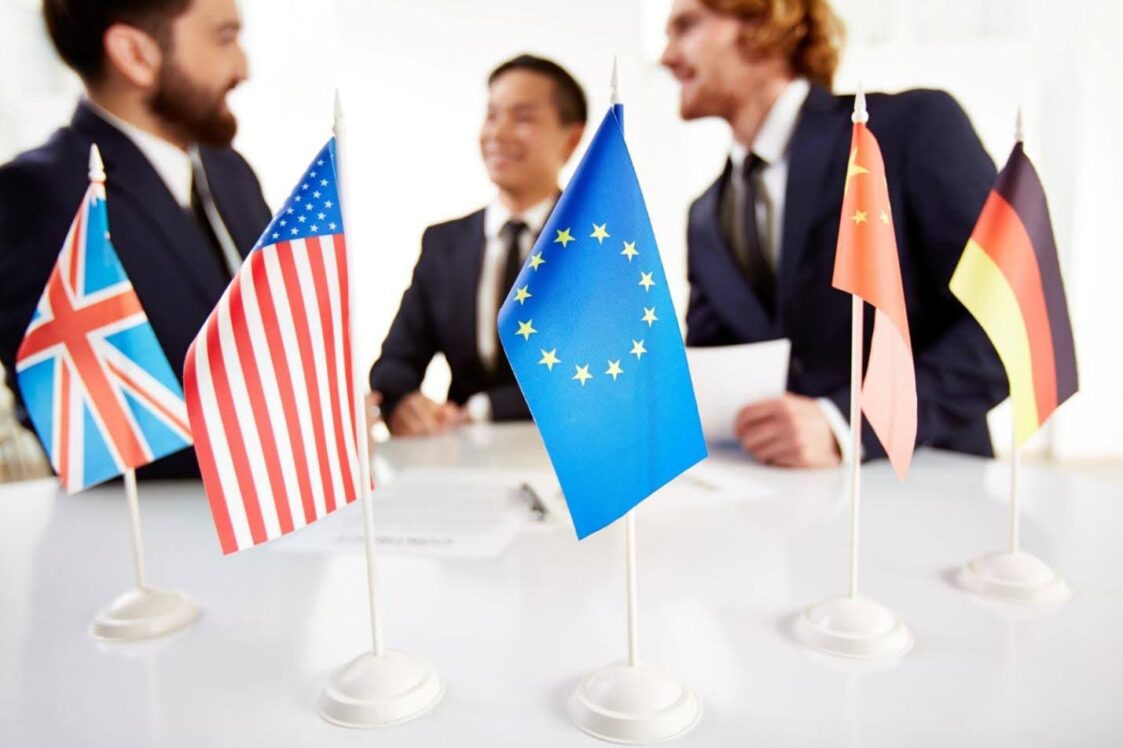In today’s rapidly changing political landscape, the need for innovative approaches to political education is more critical than ever. As societies evolve, so do the challenges and opportunities in the political sphere. This article explores the latest innovations in political education, examining how educators and institutions adapt to the shifting landscape.
Digital Pedagogy: Engaging Learners in the Virtual Realm
In the era of digitalization, political education has embraced the power of technology to engage learners. Online courses, webinars, and interactive platforms enhance individuals’ understanding of political processes. Virtual simulations allow students to experience the complexities of governance in a controlled environment, fostering a deeper appreciation for the intricacies of political decision-making.
The rise of educational apps tailored for political learning has also been noteworthy. These apps often utilize gamification techniques, making political education an immersive and enjoyable experience. Through quizzes, debates, and scenario-based challenges, learners can actively participate in their education, making the subject more relatable and memorable.
Diversity and Inclusion: Broadening Perspectives in Political Discourse
Recognizing the importance of diverse voices in shaping political narratives, educational institutions are placing a greater emphasis on inclusivity. Curricula now highlight a broader range of perspectives, encompassing various ideologies, cultures, and historical contexts. This shift aims to equip students with a more comprehensive understanding of political dynamics, fostering critical thinking and open-mindedness.
Innovative approaches to inclusion also extend to the classroom environment. Interactive discussions, group projects, and guest lectures from diverse speakers create spaces where students can engage with different viewpoints. This enriches the learning experience and prepares individuals for the diverse and interconnected world of politics.
Experiential Learning: Bridging Theory and Practice
Political education is increasingly incorporating experiential learning opportunities to bridge the gap between theoretical knowledge and practical application. Internships, community projects, and simulations provide students with real-world exposure to political processes. This hands-on approach allows learners to apply theoretical concepts to actual situations, honing their analytical and problem-solving skills.
Political science hackathons and Model United Nations (MUN) conferences have gained popularity as platforms for experiential learning. These events immerse participants in the complexities of international relations, diplomacy, and negotiation, fostering a deeper understanding of the challenges faced by political leaders.
Data Literacy: Navigating the Age of Information
In the information age, political education must address the growing importance of data literacy. Understanding and interpreting political data is crucial for informed decision-making. Institutions are integrating data analysis and visualization tools into their curricula to equip students with the skills to navigate the vast information available.
Data-driven case studies and projects challenge students to analyze political trends, conduct surveys, and interpret statistical information. This enhances their analytical abilities and prepares them for a data-centric political landscape where evidence-based decision-making is paramount.
Global Collaboration: Breaking Down Geopolitical Boundaries

The interconnectedness of today’s world requires a global perspective in political education. Collaborative initiatives between institutions across borders allow students to engage in cross-cultural dialogues and understand the interconnected nature of international politics.
Virtual Exchange Programs: Connecting Minds Across Continents
Virtual exchange programs have emerged as a powerful tool for breaking geopolitical boundaries in political education. Students can interact with peers from different countries without leaving their classrooms through these programs. This innovative approach fosters cultural exchange, allowing students to gain insights into diverse political systems and perspectives.
In a virtual exchange, students collaborate on projects, participate in joint discussions, and attend shared classes, creating a truly global learning environment. This broadens their understanding of international relations and nurtures essential skills such as intercultural communication and collaboration—skills crucial for navigating the complexities of a globalized political landscape.
Joint Research Projects: Tapping into Global Expertise
Political education is no longer confined to the insights of a single classroom or institution. Collaborative research projects that involve students from different parts of the world enable them to tap into a diverse pool of expertise. Students gain a more nuanced understanding of complex political issues by working together on topics ranging from global governance to regional conflicts.
These projects often leverage digital communication tools, allowing students to collaborate in real time despite being continents apart. The synergy of varied perspectives enriches the research process and mirrors the collaborative nature of contemporary politics, where nations must work together to address shared challenges.
International Conferences: A Platform for Global Dialogue
Participation in international conferences has become a cornerstone of global collaboration in political education. These events unite students, scholars, and practitioners worldwide, providing a platform for robust discussions on pressing global issues.
Students attending international conferences present their research and engage in dialogues that transcend national borders. The exposure to diverse viewpoints and the opportunity to network with future leaders from different cultures contribute to developing a global mindset. This, in turn, prepares students to navigate the complexities of an increasingly interconnected world with diplomatic skills and cultural sensitivity.
Cross-Cultural Internships: Learning by Doing on a Global Scale
Internships have long been valued for practical experience, and cross-cultural training is gaining prominence in political education. Institutions are establishing partnerships with organizations in different countries, allowing students to work on real-world projects with an international impact.
Cross-cultural internships expose students to the intricacies of political systems outside their home country. Whether working on policy analysis, diplomatic relations, or grassroots initiatives, students gain a firsthand understanding of the challenges and opportunities that arise in diverse geopolitical contexts. This immersive experience enhances their professional skills and fosters a global perspective that is invaluable in a world where political issues often transcend national boundaries.
Conclusion
As the political landscape continues to evolve, so must the methods of political education. The innovations discussed here represent just a snapshot of educators’ dynamic approaches to equip students with the knowledge and skills needed to navigate the complexities of contemporary politics. By embracing digital pedagogy, promoting diversity and inclusion, incorporating experiential learning, emphasizing data literacy, and encouraging global collaboration, political education can adapt to the evolving landscape and prepare the next generation of informed and engaged citizens.
